It is an understood fact that the world will not be the same again in post-COVID times. Whatever comes about as the new normal, the politics and economics of nations will follow in tandem.
In the case of South Asia, where the whole gamut of poverty accompanies by weak socio-economic fundamentals and meager resources are worrisome, the situation will possibly worsen with the persisting pandemic and prolonging lockdown.
The economic activities have been halted globally, and the governments and industries worldwide are not sure about what lies in times to come.
Moreover, the multilateral institutions do not appear to be in a position to offer any traction to the troubled world. It may be the right time for the South Asian countries to well-judge the adverse emerging scenario and aspire to revive regional and sub-regional economic cooperation for combating the widespread poverty.
If the policymakers in South Asia search for a common regional ground to cope with poverty, they must delve deeper into the intricacies of capitalism and socialism.
While going forward, it is essential to note that South Asia is home to about 48 percent of the world’s poor people. In revisiting the brief history of poverty, it can be found that irrespective of a downward global trend, South Asia continues to be gripped with shockingly high rates of poverty, both income and multidimensional.
As per a World Bank estimate, 42 percent of the world population lived below the poverty line of USD 1.90 in 1981.
By 1990 however that number had reduced to 35 percent. Similarly, multidimensional poverty (an index that considers several factors that constitute poor people’s experience of deprivation) has also been decreasing and, globally only 13.5 percent of people are multidimensionally poor by 2017.”
If the policymakers in South Asia search for a common regional ground to cope with poverty, they must delve deeper into the intricacies of capitalism and socialism. Many of us know, Adam Smith was a moral philosopher and a pioneer of political economy.
He is best known for his second seminal book, “An Inquiry into the Nature and Causes of the Wealth of Nations”, that strongly emphasizes on the role of ‘self-interest’, and is religiously followed by the believers of free enterprise as ‘capitalist scripture’.
This has been in practice with overlooking his much humane earlier work, “The Theory of Moral Sentiments” – wherein he defined “mutual sympathy” as the basis of moral sentiments (the capacity to recognize feelings that are being experienced by another being).
It is already in reckoning to many of us that the key characteristic of a democracy rests on the electoral contest. More than any other democratic processes – election, and subsequently the formation of the government, shapes the turnouts of policy debates.
This, he had written about seventeen years before; his magnum opus permanently stuck to the mind and soul of the European intelligentsia, and later crossed geographical boundaries.
Still, a better part of capitalist ideas remains seriously compromised for good reason. This is not something often remembered outside academia – even a majority of the qualified economists give it a pass.
The opposite school – Karl Marx’s ideas, hold that “Human societies progress through class struggle: a conflict between an ownership class that controls production and a proletariat that provides the labor for production.” Here, the argument is sharp and firm.
But looking into the context of South Asia’s poverty debate, where the participation from the policy circle is not significant, it appears that more than the confrontation of ideologies and the addition of enlightened partitions, the poor need the merit of both capitalism and socialism working genuinely in their favor.
After all, the ideological convictions shaped during the 18th and 19th centuries would need some brushing up now. However, they require to be understood through the complex interface of democratic and economic reforms; an interface essentially walking on a non-linear path.
It is already in reckoning to many of us that the key characteristic of a democracy rests on the electoral contest. More than any other democratic processes – election, and subsequently the formation of the government, shapes the turnouts of policy debates.
At times, compulsions and misplaced priorities drive democratic representatives much more than sheer urgency of any policy matter.
No matter how the re-set world will be, the poor should not be left out. They should be part of the system, and receive the much needed social and economic security they deserve from humanity.
Knowing the pattern of poverty and finding its solutions should be seen through public policy perspectives, and to be effectively dealt with, these should be attended with an open mind. It should become an essential part of the election strategy.
In the current trying times, the level of cooperation and engagement among the South Asian countries has yet to see incremental growth in accordance with a well-defined action plan.
Without any further delay, the most important regional associations, like the South Asian Association of Regional Cooperation (SAARC), Association of South East Asian Nations (ASEAN), South Asian Free Trade Area (SAFTA) and Bangladesh, Bhutan, India and Nepal (BBIN) initiatives should be revived for pursuing constructive regionalism.
No matter how rapidly the world will change ahead, the essential component of regionalism should not be seen through a narrow prism and confused with the departure from internationalism. Both should go hand in hand, and should continue on a regular basis.
The new agenda of regional and sub-regional economic cooperation must draw the finer elements from the SAARC Social Charter, which judiciously accorded the highest priority, among other things, to poverty alleviation.
Health, education, human resource development, migration, the status of women, rights and well-being of children, population stabilization, drug addiction, rehabilitation and reintegration are some of the other priority themes discussed in the charter.
Notwithstanding the differences at bilateral fronts, the prospects of regional and sub-regional integration can be made possible by finding a cause in poverty and re-shaping the priorities with an aim to see the better times ahead.
The wisdom of the South Asia nations should reflect on the fact that the level of cooperation and engagement must go beyond tokenism.
The ongoing crisis is offering a rare and unique possibility of regional and sub-regional economic integration, setting aside the differences. It is also the time that Pakistan should come forward and work closely with India and other SAARC member countries (Afghanistan, Bangladesh, Nepal, Bhutan, Maldives and Sri Lanka).
With the uncertainties of Capitalism and Globalisation growing, there is no better alternative for the South Asian countries than having belief in the shared concern and prosperity of the entire region.
No matter how the re-set world will be, the poor should not be left out. They should be part of the system, and receive the much needed social and economic security they deserve from humanity.
(Atul K Thakur is a New Delhi-based Public Policy Professional with specialization in the interface of economics and politics)


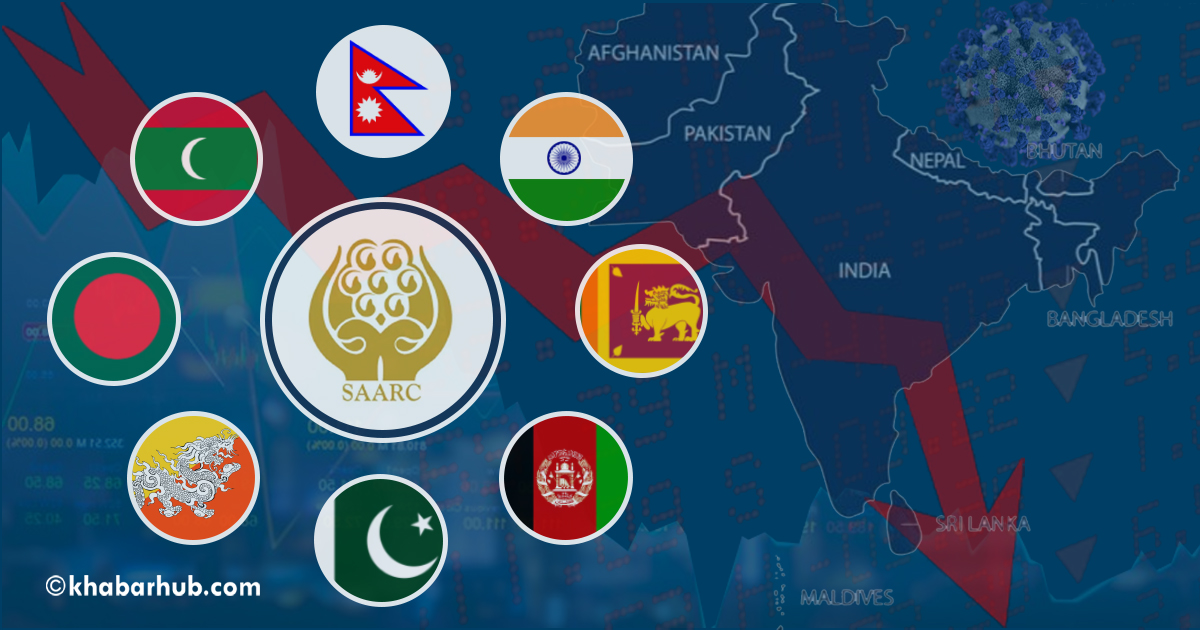
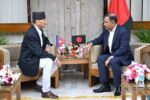
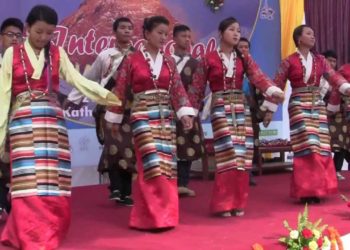
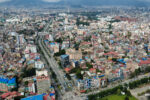

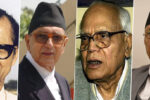

Comment